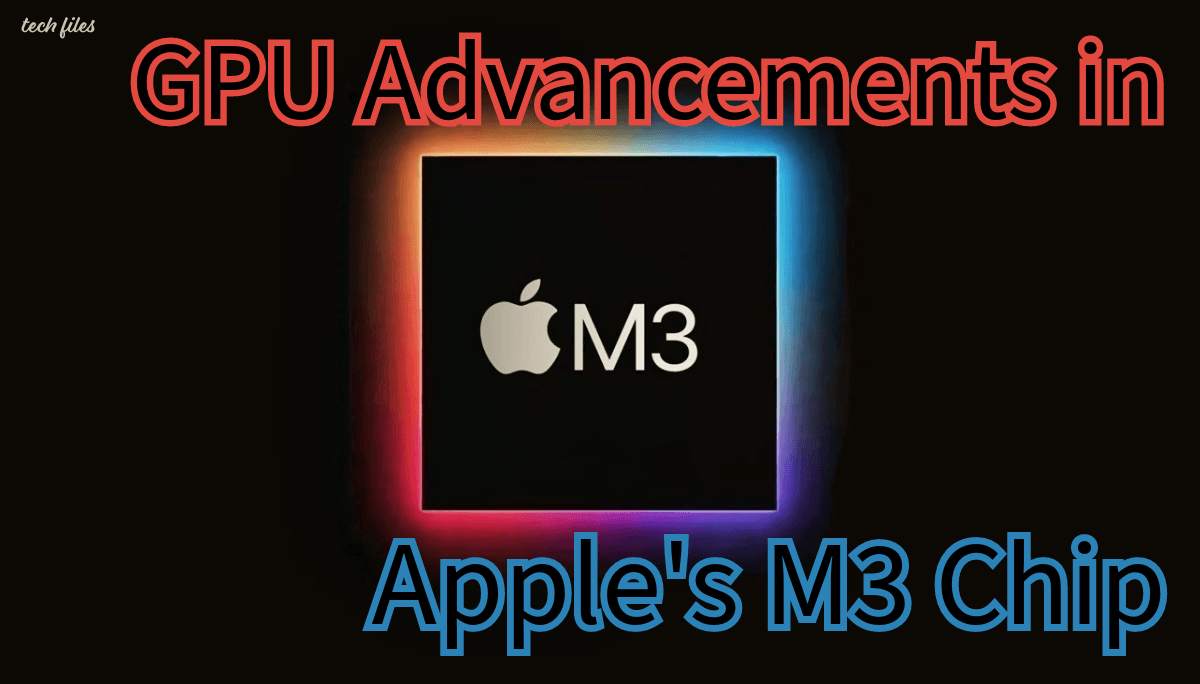The Future of Blockchain: Revolutionizing Trust, Security, and Efficiency

Blockchain technology has been making waves in recent years, with its potential to revolutionize various industries and redefine the way we conduct transactions. While the future of blockchain is still uncertain, there are compelling reasons to believe that it will play a significant role in shaping our digital landscape. In this article, we will explore the potential of blockchain technology and its impact on trust, security, and efficiency in transactions. From finance to supply chain management, healthcare to government services, blockchain has the power to transform how we operate and interact. Let’s dive into the world of blockchain and discover its promising future.
Decentralization: Redefining Trust and Security in Transactions
In the traditional centralized systems, transactions heavily rely on intermediaries such as banks or payment processors to facilitate and validate them. However, these intermediaries can be vulnerable to breaches, fraud, and manipulation, raising concerns about the security and integrity of the transaction process. Blockchain technology offers a decentralized network where transactions are recorded on a distributed ledger maintained by multiple participants, eliminating the need for intermediaries. This network ensures trust and security through consensus among participants, making transactions tamper-proof and resistant to hacking attempts.
The transparency and immutability of the blockchain instill confidence in users, redefining trust and security in transactions. Each transaction is verified and approved by consensus, creating a system that is highly resistant to fraudulent activities. By removing intermediaries, blockchain technology enhances the transparency and accountability of transactions, fostering a more trustworthy environment.
Transparency: Improving Accountability and Reducing Fraud
One of the key advantages of blockchain technology is its ability to improve accountability and reduce fraud through enhanced transparency. Unlike traditional systems, blockchain creates a permanent and immutable record of each transaction, making it virtually impossible to alter or tamper with the data. This level of transparency decreases the possibility of fraud as any suspicious activity can be easily identified and traced. Moreover, blockchain allows anyone to access the data stored on the blockchain, eliminating the need for intermediaries and central authorities. This transparency reduces the risk of fraudulent activities, as all transactions can be monitored and verified by anyone.
The increased transparency provided by blockchain technology has the potential to revolutionize a wide range of industries. In finance, blockchain is being used to develop new financial products, such as cryptocurrencies and decentralized exchanges. It is also being used to improve the efficiency of traditional financial systems, such as cross-border payments and trade finance. In supply chain management, blockchain can track the movement of goods in real-time, improving transparency and reducing the risk of fraud. The healthcare industry is exploring the use of blockchain to secure patient records and enhance data interoperability. Blockchain has the potential to transform public services by enhancing transparency and trust in government operations, particularly in voting systems.
Efficiency: Streamlining Processes and Reducing Intermediaries
Blockchain technology has the potential to revolutionize various industries by streamlining processes and reducing the need for intermediaries. In supply chain management, traditional processes involve coordination, communication, and documentation among numerous participants, leading to delays, errors, and increased costs. However, by implementing blockchain, organizations can create a decentralized system where all participants have access to a shared, tamper-proof ledger. This enables real-time visibility, transparency, and traceability, reducing the need for intermediaries and improving overall efficiency.
The financial sector can also benefit from blockchain technology by eliminating multiple intermediaries involved in financial transactions. Currently, transactions often involve banks, payment processors, and clearinghouses, adding costs, delays, and potential points of failure. With blockchain, financial transactions can be conducted directly between involved parties, reducing transaction costs and enabling faster settlements. Blockchain can streamline financial processes, making transactions more efficient and cost-effective.
Blockchain in Finance: Disrupting Traditional Banking and Payments
Blockchain technology has the potential to disrupt traditional banking and payments systems by offering increased efficiency, transparency, and security. The decentralized nature of blockchain eliminates the need for intermediaries, lowering transaction costs and speeding up settlement times. Financial institutions can reduce reliance on legacy systems, minimize human error, and improve risk management by leveraging blockchain technology. Additionally, blockchain’s transparency allows for real-time auditing and tracking of transactions, enhancing accountability and reducing the risk of fraud.
Smart contracts, a feature enabled by blockchain technology, are self-executing digital agreements that are automatically enforced and verified on the blockchain. These contracts eliminate the need for middlemen, contentious legal disputes, and costly enforcement mechanisms as all terms and conditions are securely stored on the blockchain. Blockchain-based digital currencies like Bitcoin and Ethereum have the potential to revolutionize cross-border payments and remittances by bypassing traditional intermediaries and enabling near-instantaneous, low-cost transactions. As financial institutions continue to embrace blockchain technology, the potential for innovation and disruption in the finance industry grows.
Blockchain in Supply Chain: Enhancing Traceability and Authenticity
Blockchain technology has revolutionized the supply chain industry by enhancing traceability and authenticity. By implementing blockchain, companies can create a secure, transparent, and tamper-proof system for tracking transactions and movements within the supply chain. Each product can be assigned a unique digital identifier stored on the blockchain, reducing the risk of counterfeit products entering the market and boosting consumer confidence. Blockchain improves the authenticity of data throughout the supply chain process by eliminating the need for trust in centralized authorities. All relevant parties have access to a shared, immutable ledger, ensuring data integrity and reducing the likelihood of manipulation. Companies can have greater confidence in the accuracy of information about their products, enabling better decision-making and increased efficiency throughout the supply chain.
Blockchain in Healthcare: Improving Data Security and Interoperability
Blockchain technology has the potential to revolutionize the healthcare industry by enhancing data security and interoperability. With its decentralized nature, blockchain provides a secure and tamper-proof system for storing and sharing patient records, protecting sensitive information from unauthorized access and breaches. Blockchain can improve data interoperability by enabling different healthcare providers to securely access and share patient information, regardless of the electronic medical record (EMR) systems they use. This eliminates the challenges of fragmented data and allows for a more comprehensive view of patient health history, facilitating better and more informed decision-making by healthcare professionals.
The increased data security offered by blockchain technology paves the way for a more secure and reliable healthcare ecosystem, benefiting both patients and healthcare organizations. Traditional systems face challenges of data breaches and vulnerable central repositories susceptible to hacking and unauthorized access. However, blockchain’s robust cryptographic algorithms and distributed architecture make it highly secure, reducing the risk of data breaches. Blockchain’s immutable ledger ensures that any changes or modifications made to patient records are transparent and traceable, fostering trust between patients and healthcare providers.
Blockchain in Government: Enhancing Transparency and Trust in Public Services
Governments worldwide are exploring the potential of blockchain technology to enhance transparency and trust in public services. By leveraging blockchain’s decentralized nature, governments can ensure the integrity and immutability of important records and transactions, combating corruption, increasing accountability, and fostering public trust. Blockchain’s secure and tamper-proof platform can create a transparent system for voting, ensuring the integrity of elections. By utilizing cryptographic algorithms and transparency, governments can create a secure and tamper-proof platform for voting, ensuring the integrity of elections.
The potential of blockchain technology goes beyond voting systems. Governments can utilize blockchain to secure public records, such as land ownership or birth certificates, reducing bureaucracy and increasing efficiency. Blockchain can enhance the transparency and accountability of public funds, ensuring that resources are allocated appropriately and reducing the risk of corruption. By embracing blockchain technology, governments can enhance trust in their operations, empowering citizens and fostering more efficient public services.
Conclusion
The future of blockchain is promising, with its potential to revolutionize trust, security, and efficiency in transactions. Blockchain’s decentralized nature eliminates the need for intermediaries, enhancing transparency and accountability. The technology streamlines processes, reducing costs and delays, and improving overall efficiency. In finance, blockchain is disrupting traditional banking and payments systems, offering increased efficiency and transparency. In supply chain management, blockchain enhances traceability and authenticity, reducing the risk of fraud. The healthcare industry benefits from improved data security and interoperability, while governments can enhance transparency and trust in public services.
While challenges such as scalability, complexity, and regulation exist, the excitement and investment in blockchain technology continue to grow. As the technology develops and matures, we can expect to witness more innovative and groundbreaking applications emerge. Blockchain has the potential to reshape various industries and aspects of our lives, transforming the way we operate and interact. Whether it becomes the future remains uncertain, but the transformative potential of blockchain cannot be ignored. Embrace the blockchain revolution and stay ahead in the ever-evolving digital landscape.













Sharing is caring!